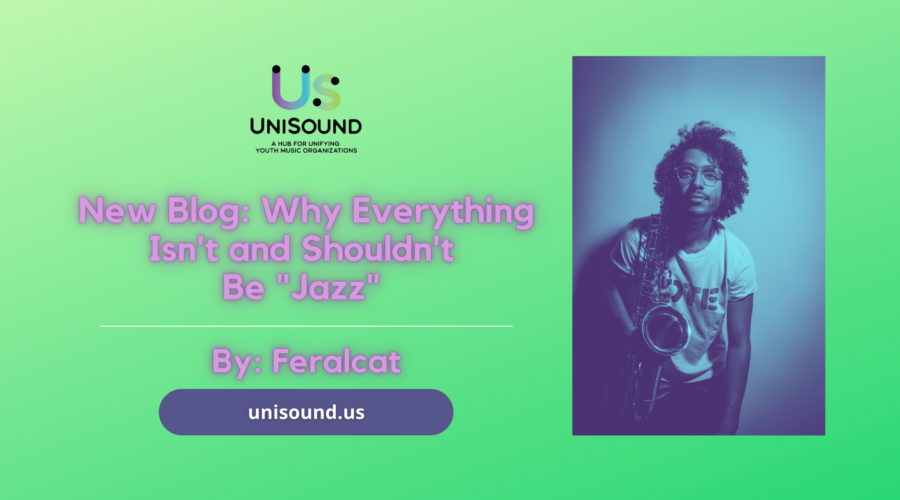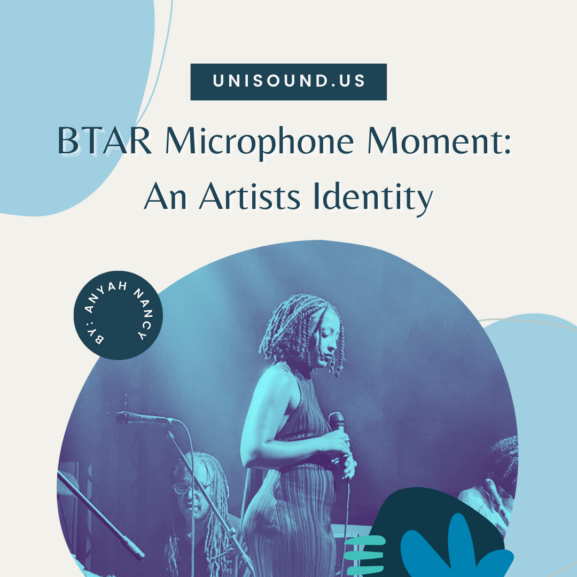Why Everything Isn’t and Shouldn’t Be “Jazz”
Feralcat talks about the rich history of jazz and what makes jazz music different from other genres.
. . .
I came to Pittsburgh and learned more about jazz music than I had ever anticipated learning, thanks to the rich history of the region and the stories the music itself tells. Musicians like the great Roger Humphries, Dwayne Dolphin, and Ahmad Jamal both exist in history and propel music today. Artists like Mary Lou Williams, Stanley Turrentine, and Billy Eckstine exist through performance and the retelling of stories, in a language that can be heard, felt, and explored universally: jazz.
I love the music. Unequivocally – it speaks to me on a level that very little does. It’s intellectually stimulating, emotionally charged, and present-facing by its nature. Improvisation, as a form of expression, changed my life.
But when I read the word “jazz,” in publications or in descriptions of music, I can’t help but believe that the word has been diluted. The work of countless Black artists, and over a century of art, has morphed into a catch-all for music that isn’t well understood. Or soothes you during your morning commute. Or literally just contains a saxophone.
An entire American history, forgotten.
There is music that is jazz, and there is music that is not. If it’s confusing for you, great because this train of thought haunts me daily. I don’t think I can easily define jazz music. I hear with my own ears the influence of jazz in music today and every day. The general understanding, though, is that music that developed from jazz deserves a cavalier shove under the same umbrella. That could be fine for all of the other genres. Not that it is, but that it could be.
Not this one. Not the pioneering, uniquely American achievement that is jazz music.
Pittsburgh loves its generalizations. WDVE and rock music? Synonymous – everyone knows that! They just know rock music, you know? Media and journalism – same thing, right? Television news is completely unbiased! Their sources – infallible! Indisputable!
Not this one. Not the pioneering, uniquely Black American achievement that is jazz music.
My band, Feralcat and the Wild, has been called jazz. And well…I don’t think that’s quite it. More like a hyphenate. It’s easy to hear that jazz music has inspired so much of what I make. I just don’t think my work fits into that same umbrella. The wisdom of all of his past lives is available to him, but ultimately the impact Aang makes is on his present. Yes, I’m comparing myself to the Avatar, the Last Airbender.
It’s like I keep getting pulled back into a meeting that I’m desperately trying to escape from.
I think I wish, like any lifelong learner would, that more folks saw what I see in the music. I see innovation and a bold, never-ending legacy of evolutionary storytelling. In my own lessons, I implore my students to dive into the details of the music; an effort to develop critical thinking and a historical context for the impact of black Americans on music in the 21st century.
I immediately think of Robert Glasper, who popularized blending hip-hop with jazz and soul. He has gone on to win several accolades for his work, which both takes clear direction from and diverges from “jazz.” Glasper doesn’t call the music he creates “jazz”. In a New York Times interview with Nate Chinen, writer of the book Playing Changes: Jazz for the New Century, Glasper said “A lot of the time I prefer not even to say ‘jazz,’ because technically I do more than that.” He, like so many contemporary artists who have studied jazz extensively, works within his medium to ultimately evolve from jazz music.
Might I suggest using descriptors like “jazz-inspired” or “jazz-influenced” instead? Maybe use more specific sub-genres to create a clearer picture: free jazz, jazz fusion, bebop, swing, post-bop, and cool jazz are all wildly different means of describing improvisational music based on jazz harmony.
Perhaps go deeper, and try to understand what about the music you’re listening to makes you think of jazz. Are there rhythmic feels derived from Caribbean and African musical traditions? Is there notable individualistic expression? Are there references to the “Great American Songbook?” Use those words to describe the music you’re hearing; unless you can draw a clear line between the sounds you hear and the legacy of Bird, Miles, Lady Day, or any historic jazz figure. Even then, be that specific.
Jazz is dead – reborn, not resurrected.
If it lives, it lives to preserve history. If it lives, it is through its everlasting impact on the evolution of the arts.







